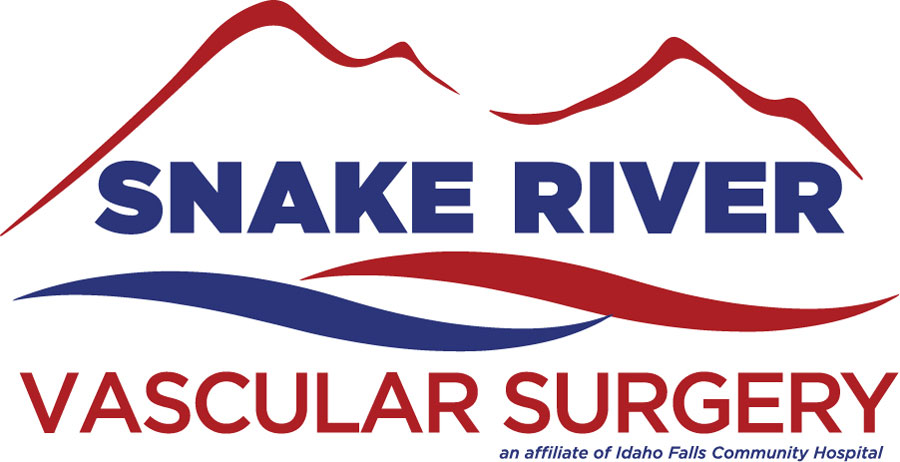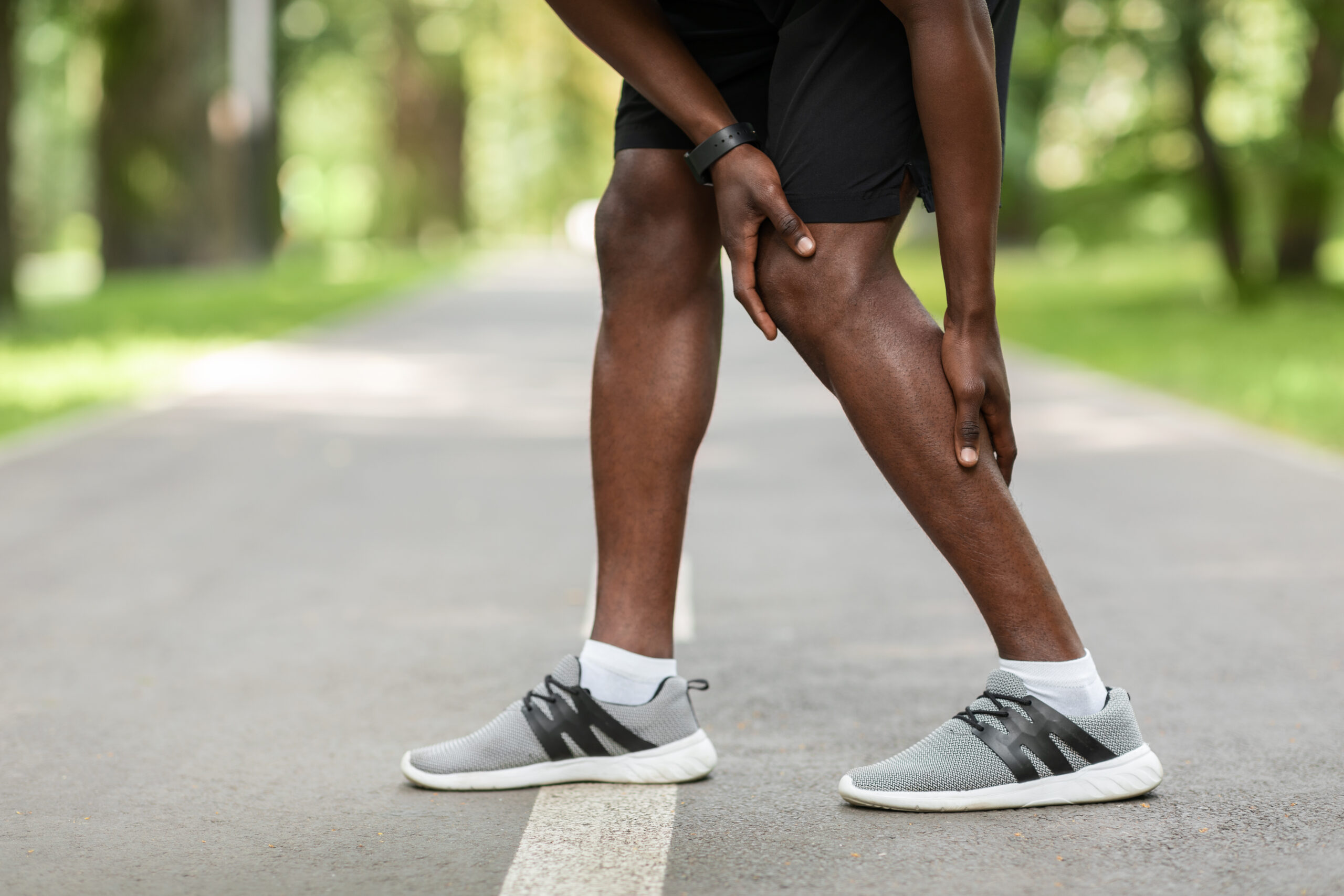Veins throughout your body that have become weak or damaged are more prone to developing blood clots that can get lodged within your veins. Deep blood clots can occur in different veins but many of them can impact your lower legs in what is known as deep vein thrombosis. While different issues can impact your veins, DVT has some specific symptoms and signs that can warn you of this condition. If you suspect that you may be dealing with deep vein thrombosis, be sure to seek medical care to get an accurate diagnosis and effective treatment options so that your condition does not worsen. The medical professionals at Snake River Vascular Surgery have specialized training and years of experience in vascular care and the treatment and recovery strategies for deep vein thrombosis.
Are You At Risk
If you are at higher risk for DVT, then the symptoms can be more reliable for the diagnosis. People being treated for cancer, persons who have recently had surgery, have completed long distance travel while sitting for long times or taking oral contraceptives are all at increased risks. People with inflammatory bowel disease or Crohn’s along with Lupus are also at increased risk.
Intermittent Pain
Many people who struggle with deep vein thrombosis may feel intermittent pain in the extremity that has the clot. Many times DVT is located in the legs and arms and can cause an on-and-off pain. Sometimes this pain is accompanied by the arms or legs swelling and can last from months to years. The most common area of pain in the leg is in the calf. This pain is caused by the vein walls weakening, gathering more blood, and causing pressure to build up within your vein, and inflammation. This can indicate that you are dealing with a larger issue like deep vein thrombosis. When experiencing this kind of intermittent pain, it is important to get it checked out sooner rather than later.
Discolored Skin
Not all cases of deep vein thrombosis will have major signs and some of the symptoms can have different levels of severity. An acute symptom of DVT is red or discolored skin around the clot. This may or may not be accompanied by pain and may not look like a cause for concern at first. It could be darker patches on your skin where the issue may be. Bluish discoloration may mean more severe amount of venous clot.
Other acute symptoms of DVT could include:
- Swelling of legs or arms
- Warm skin around the affected area
- Severe headaches
Swollen or Enlarged Veins
Often when dealing with DVT, individuals see the veins that are closer to the surface of their skin become larger than normal. These enlarged veins can be painful and when they become swollen, they may be sore or hard when you touch them. When your veins are swollen, they may also create a throbbing sensation throughout them – especially when you stand up or start walking.
Severe Signs of DVT
If you are experiencing acute signs of DVT, like pain or swelling, it is important to get in contact with a vascular specialist to start treatment before this condition gets worse. There is the potential for complications down the road if you have deep vein thrombosis. Blood clots can travel throughout your body, and that is a real concern for someone dealing with DVT. Experiencing these acute symptoms can be challenging, but if you have severe symptoms like chest pain or breathlessness, you need to call an emergency line as those blood clots may have traveled to your lungs.
Treatment and Recovery
After identifying the signs of DVT, be sure to contact the specialists at Snake River Vascular Surgery to help you get started on your journey towards the treatment and recovery of deep vein thrombosis. Recovery is not only a possibility but a true reality for those not wanting to deal with these unfavorable symptoms. From blood-thinning medications to precise surgeries to remove blood clots, our surgeons will find the best treatment options for your situation and get you onto the path to recovery as soon as possible. Give us a call today to get started.

